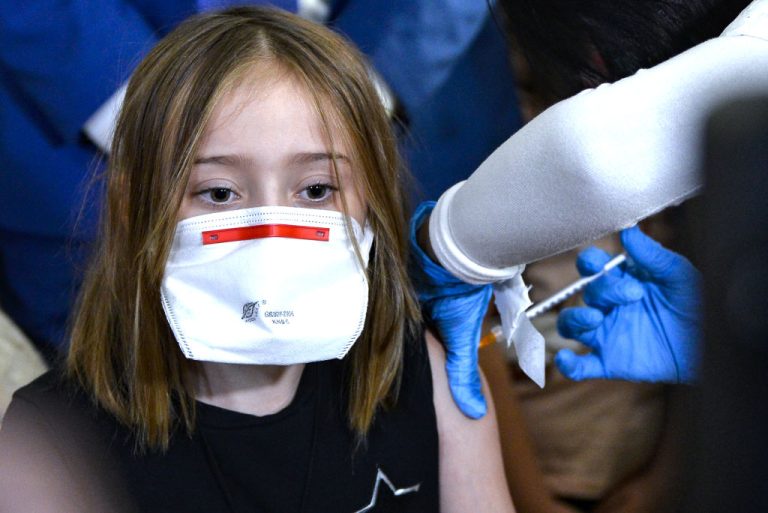The Italian government is probing Pfizer for allegedly dodging €1.2 billion (~$1.2 billion USD) in taxes, according to a new report.
The government’s Guardia di Finanza (roughly translated as “Financial Police”) is probing the company most notable for its novel gene therapy messenger RNA Coronavirus Disease 2019 (COVID-19) injection for allegedly skirting capital reporting requirements by transferring profits to entities in the United States and the Netherlands.
Such matters were reported by Bloomberg on Oct. 26 based on information provided by “people familiar with the investigation” who “asked not to be named as the information isn’t public.”
No official communique on the case appears on the agency’s website.
The informants told the outlet that the investigation far predates the COVID pseudo-pandemic, starting as far back as 2017, allegedly sending “the capital to foreign affiliates that are linked to Delaware-based Pfizer Production LLC and Pfizer Manufacturing LLC” in order to evade a tax rate as high as 26 percent.
Success
You are now signed up for our newsletter
Success
Check your email to complete sign up
A company spokesperson denied any wrongdoing when Bloomberg requested comment, while a spokesperson for Guardia declined to comment on the case.
The tipsters were paraphrased as stating that Guardia has also alleged that Pfizer may have affected shareholders as it “decided not to distribute dividends during the period of the investigation, remunerating its shareholders through reduction of the company’s share capital.”
The news comes on the back of an Oct. 14 press release by the European Public Prosecutor’s Office announcing an investigation into the European Union’s acquisition of vaccines during the pandemic.
The announcement was made in a brief, three sentence update on the agency’s website, stating, “The European Public Prosecutor’s Office (EPPO) confirms that it has an ongoing investigation into the acquisition of COVID-19 vaccines in the European Union. This exceptional confirmation comes after the extremely high public interest. No further details will be made public at this stage.”
In January, the EU’s Ombudsman Emily O’Reilly criticized President Ursula von der Leyen for dodging a public records access request that would have revealed text messages made between von der Leyen and Pfizer boss Albert Bourla.
Politico reported that O’Reilly found “that the Commission had not asked von der Leyen’s office to search for text messages, despite…specifically requesting them. Instead, it asked for items that meet the Commission’s criteria for recording ‘documents’ — a definition that does not include text messages.”
O’Reilly declared in a statement, “The narrow way in which this public access request was treated meant that no attempt was made to identify if any text messages existed…This falls short of reasonable expectations of transparency and administrative standards in the Commission.”
The existence of the messages came to light in an April of 2021 article by The New York Times, which attempted to praise the EU President for personally working to procure doses amid the globalist bloc’s worldwide vaccination edict and the vaccine passport social credit that followed.
NYT stated that “critics inside and outside the European Union questioned Ms. von der Leyen’s leadership and accused her of mishandling the crisis” after injections couldn’t be procured.
But the crisis instead turned into a political opportunity, “For a month, Ms. von der Leyen had been exchanging texts and calls with Albert Bourla, the chief executive of Pfizer, another vaccine supplier to the bloc.”
“And as they spoke, two things became clear: Pfizer might have more doses it could offer the bloc — many more. And the European Union would be thrilled to have them,” the article continued.
In casting a rosy light on von der Leyen’s hustle, NYT may have implicated there was a potential conflict of interest as it stated, “That personal diplomacy played a big role in a deal, to be finalized this week, in which the European Union will lock in 1.8 billion doses from Pfizer, which, with its smaller German partner, BioNTech, made the first Covid-19 vaccine to get regulatory approval in the European Union.”

















